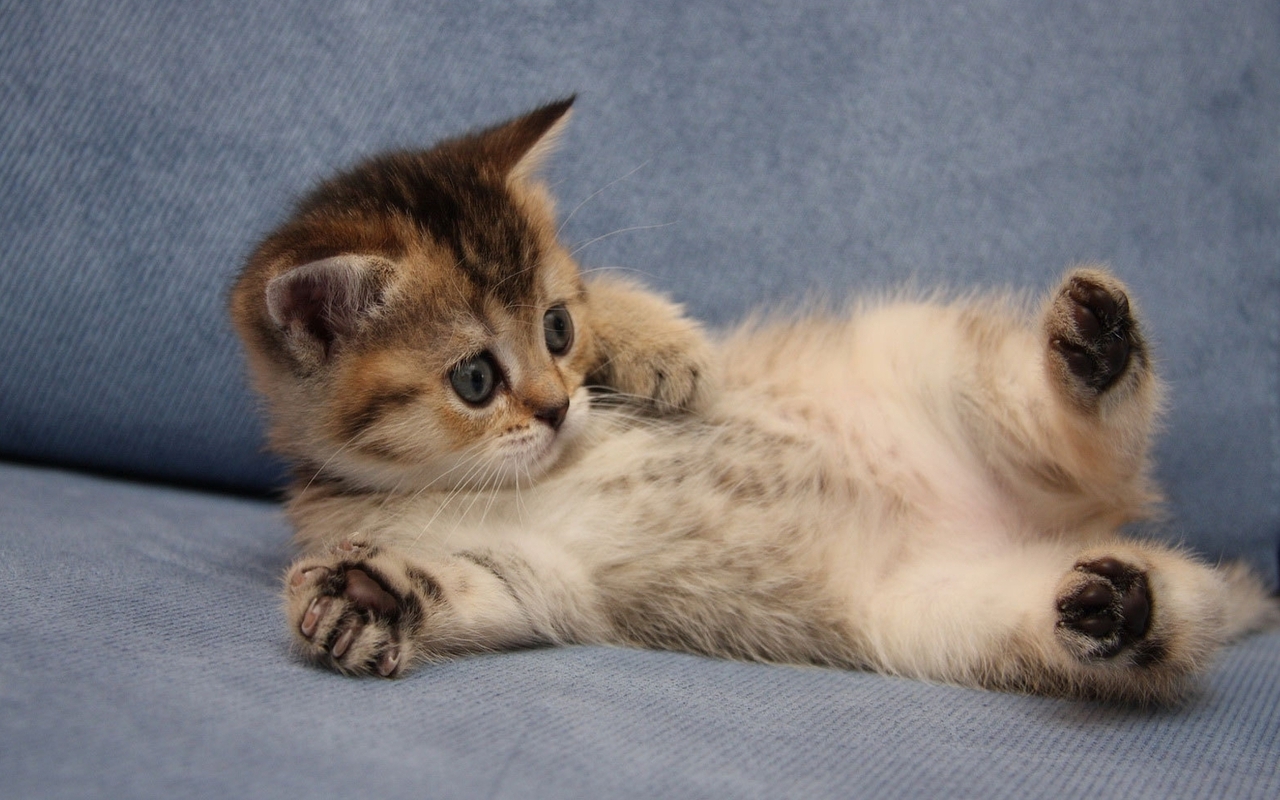 |
| FIP affects cats (typically < 1 year of age) (Image Source) |
Feline Infection Peritonitis (FIP) is a fatal condition that, as the name suggestions, affects cats. It can be very devastating as there is no treatment. Unfortunately there are not many good ways to prevent this condition either. FIP is caused by a mutation in a corona virus. Most cats, especially those that are from shelters, will be exposed to the corona virus at some point in their lives. The corona virus itself is not fatal, however, if a mutation occurs to the virus while in the cat’s body it can develop into FIP. There are many MANY frustrating aspects of FIP. Part of the problem is that we have yet to determine what causes the mutation, so we are unable to screen cats to see if they are carriers. This makes it difficult to know prior to brining a new cat into your house if they could be affected because on the outside they will look completely normal.
One important thing to remember is that FIP is not
considered to be contagious. Yes the corona virus can be spread from cat to
cat, but the mutation is not contagious and we have no way of knowing in which
cats it will occur. Cats housed in group settings will be at an increased risk
because their exposure to the corona virus will be greater.
 |
| In the wet form of the condition the abdomen will become distended with fluid (Image Source) |
Another frustrating aspect of FIP is that there is no definitive
test to determine if that is in fact what is causing the patient’s symptoms.
There are tests that will make us more suspicious when used in conjunction with
the clinical signs but no one test is 100% accurate. Testing can range anywhere
from submitting blood samples to taking biopsies of the intestines.
 |
| Removing some of the fluid may temporarily provide comfort for the affected patient. (Image Source) |
Feline infectious peritonitis is not the most common cat
disease we see, but due to its devastating nature cat owners need to be aware
of this condition. For more information you can visit the following website
here.
No comments:
Post a Comment